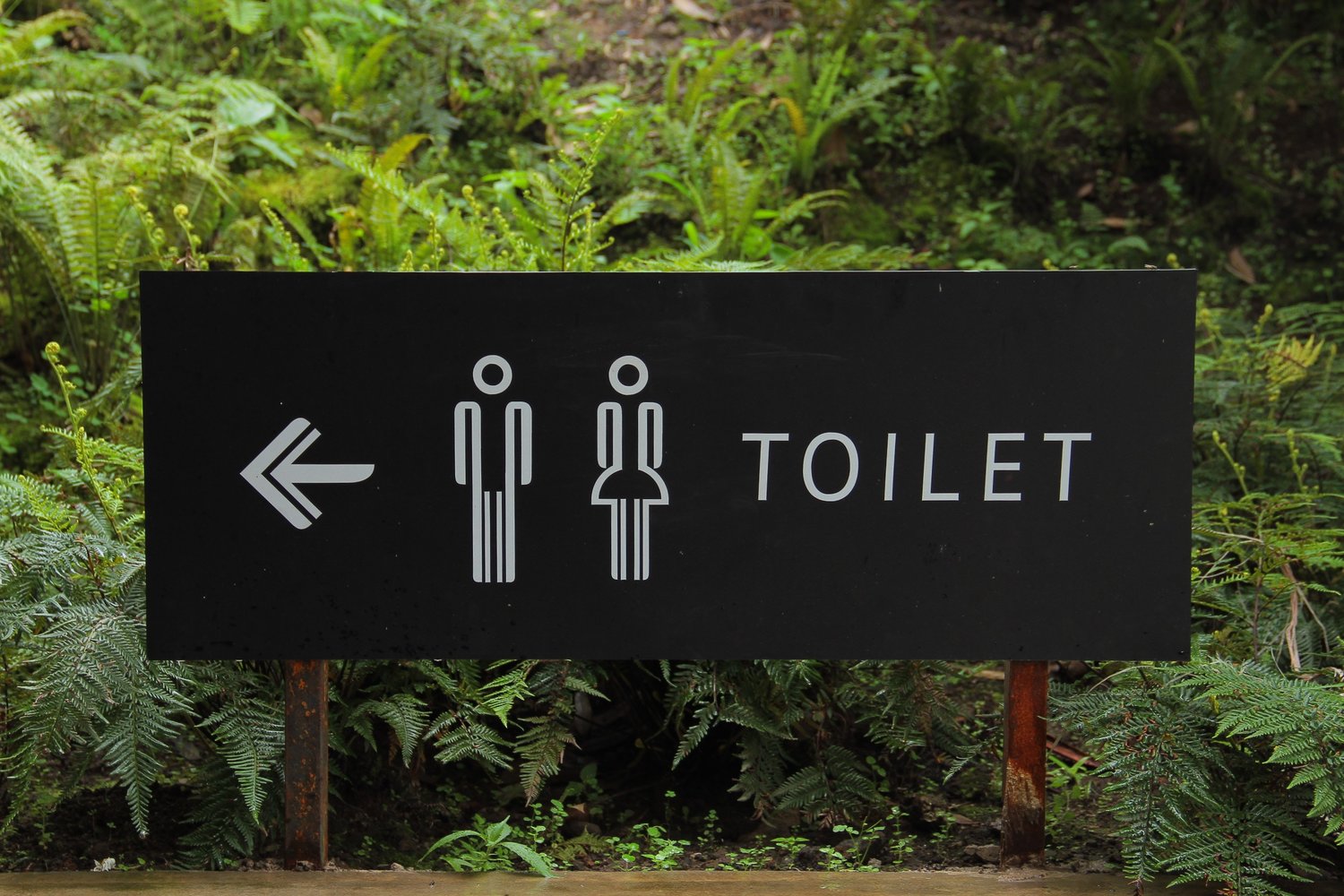Local utility district launches education campaign to prevent damage to sewer systems and reduce costs to taxpayers
Sewer system blockages can be a major expense for municipal utility districts – often known as water districts. Users flushing inappropriate things down the toilet cost MUDS – and …
This item is available in full to subscribers.
Attention subscribers
To continue reading, you will need to either log in to your subscriber account, below, or purchase a new subscription.
Please log in to continue |
Local utility district launches education campaign to prevent damage to sewer systems and reduce costs to taxpayers
Sewer system blockages can be a major expense for municipal utility districts – often known as water districts. Users flushing inappropriate things down the toilet cost MUDS – and subsequently taxpayers – thousands of dollars each year. Interstate MUD has launched a campaign to try to mitigate those costs and educate consumers in the Katy area.
“Since the inception of people being able to put water down pipes, people also have been throwing other items down the drain,” said Account Manager Chris Townsend of Inframark, which provides water and wastewater services to Interstate MUD. “The problem is that wastewater systems are designed to handle human waste and that’s it. Treatment plants are not equipped to break down any other material.”
The list of items sent down drainage pipes is long: fats, oils and grease (known as FOG to industry folks). Tissues and paper towels. Feminine hygiene products and cottons swabs. And the problem was made worse with the invention of so-called “flushable” wipes. “Those wipes are made of strong cotton fibers and fabric,” Townsend said. “What happens is that the FOG gets stuck to the inside of the pipes, and then all the other debris gets stuck there too.”
If you’re wondering why you should care about this problem, the answer is simple: it’s costly, and those costs will eventually be passed on to customers.
When wastewater leaves your house or a place of business, it flows downhill to the treatment plant’s lift station. Pumps lift the water into the treatment plant. Those pumps can cost anywhere from $2,500 to $25,000, and they are breaking down at record rates these days.
“Constantly cleaning and repairing the pumps is a very expensive proposition, and it shouldn’t be happening,” said Todd Burrer, vice president of Texas MUDs for Inframark. “In some cases, we have to unbolt them, use a crane to lift them out, and then use knives and saws to cut away balls of debris.”
Recognizing the gravity of the situation, Interstate Municipal Utility District is launching a campaign in November to educate its customers with the message of “It’s a toilet, not a trash can.” Interstate MUD, which worked on the promotion with Inframark, serves nearly 200 retail customers in the Katy area. Interstate MUD is placing ads in newspapers and on its website, hanging door tags on apartments and duplexes, and conducting a social media campaign.
“We are happy to be working with our partners to relay such an important message,” said Interstate MUD board member Rick Ellis. “Inframark and the Association of Water Board Directors are fully on board with our plan.”
Unfortunately, the clogging problem is especially severe during the holiday season. So this year, when you’re celebrating with your family, please be mindful of what you’re putting down the sink and the drain. “If we can get even half the folks to stop putting those materials in the system, that would save a lot of operational costs,” Townsend said.
Keywords
Interstate MUD, Rick Ellis, Chris Townsend, Inframark






